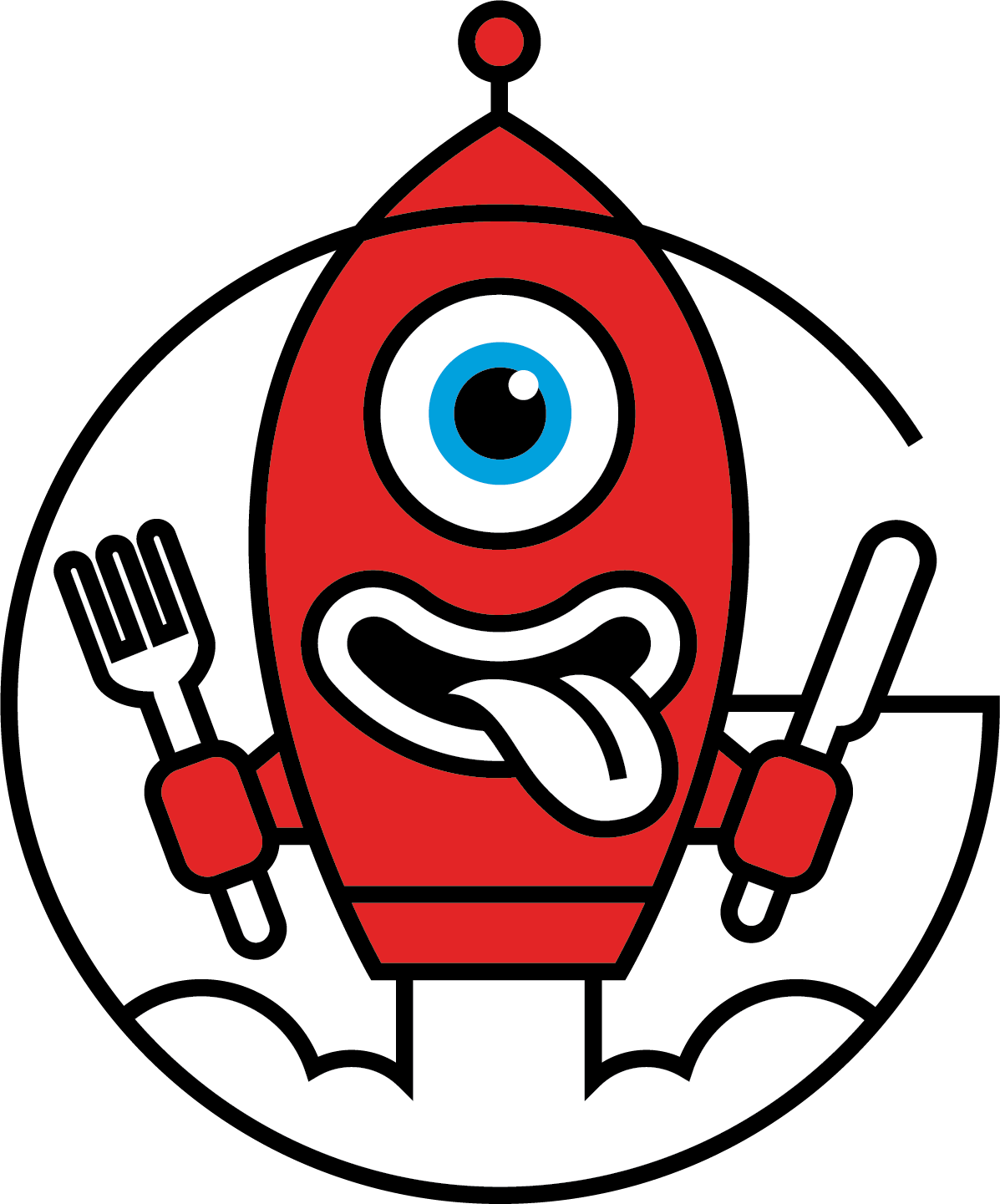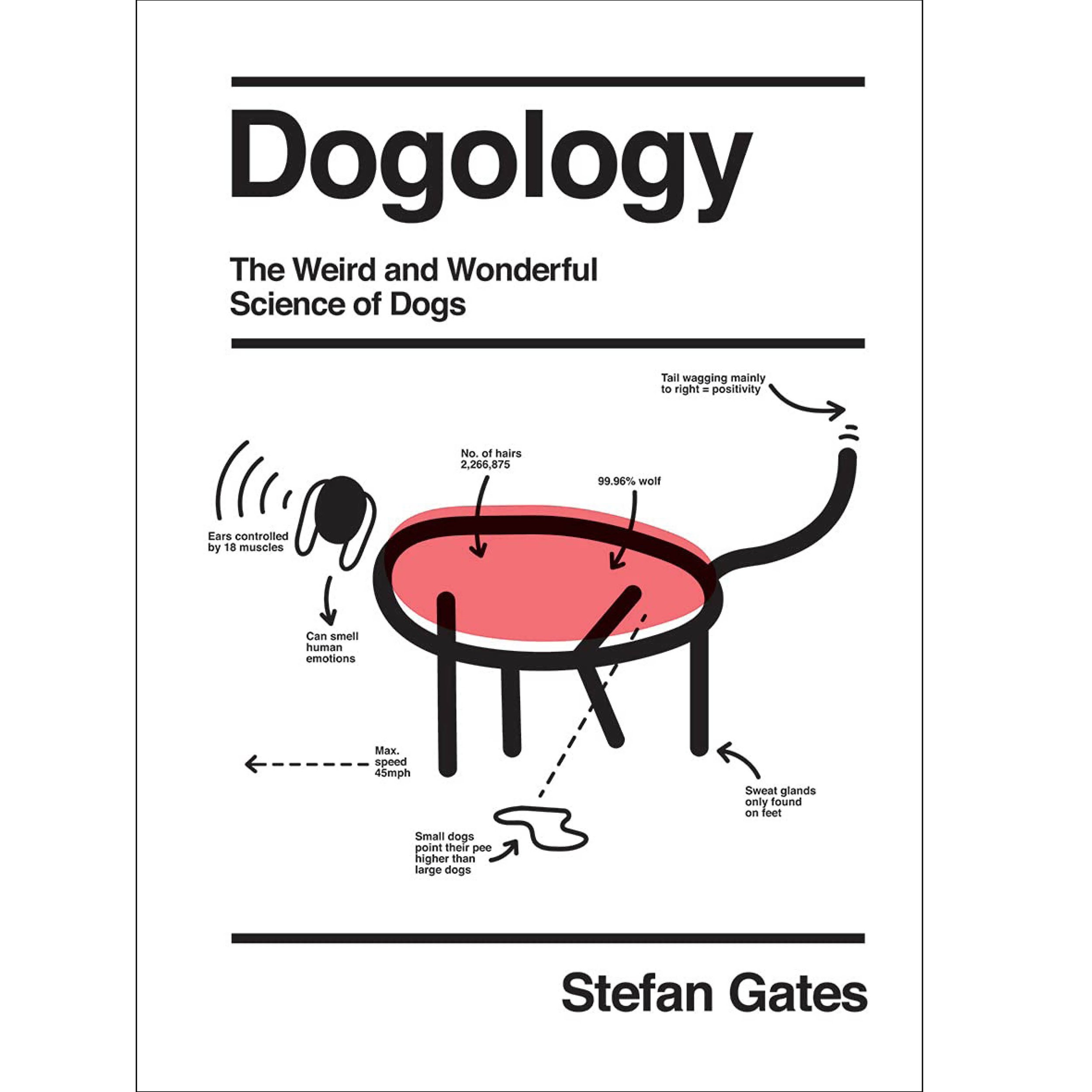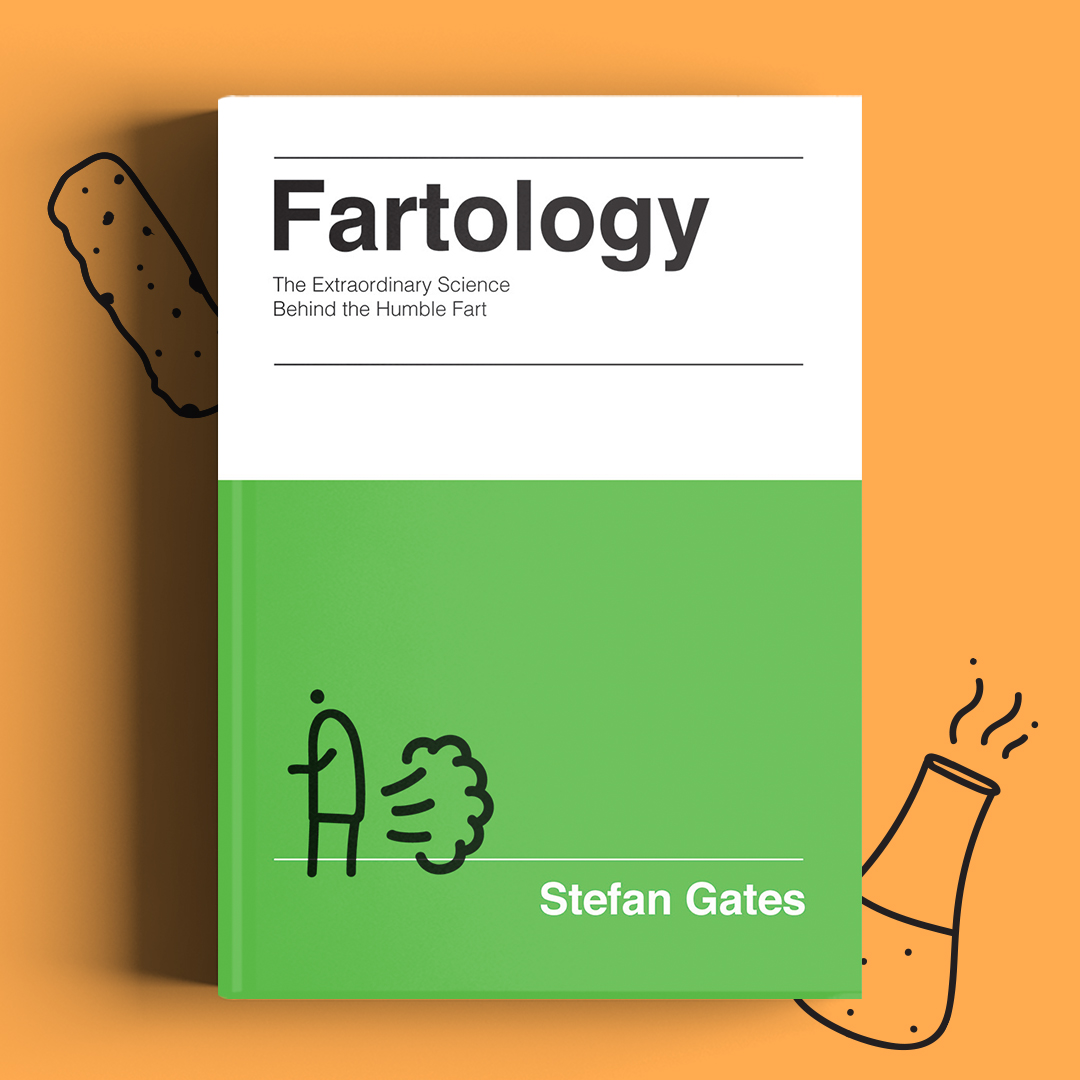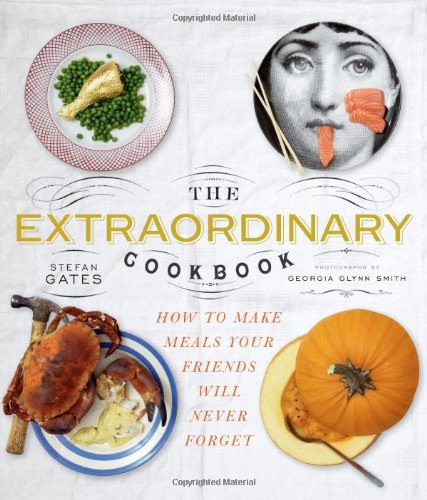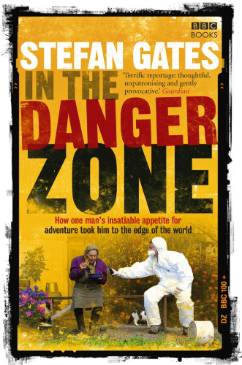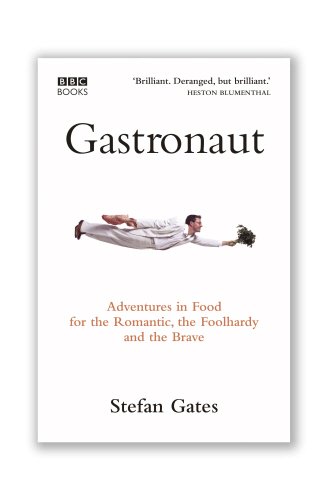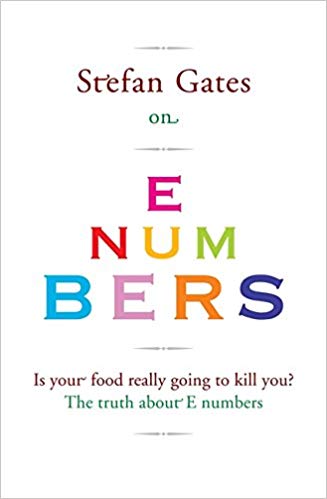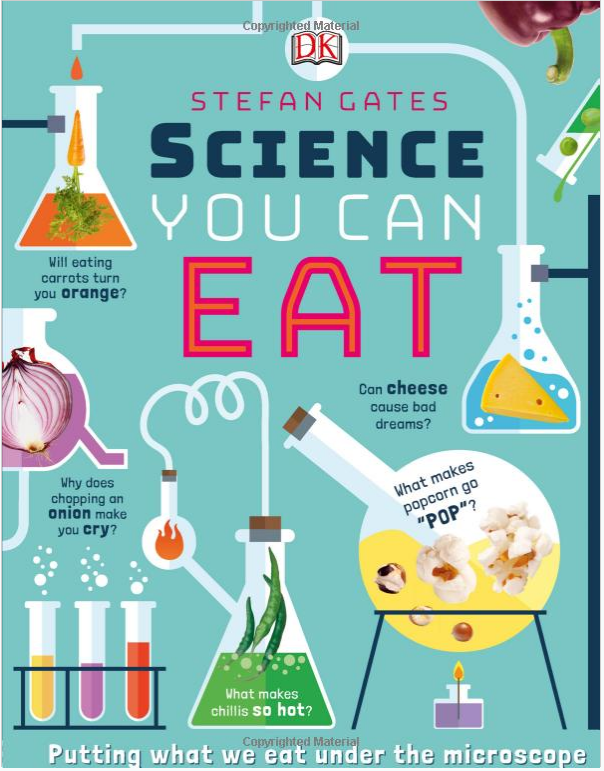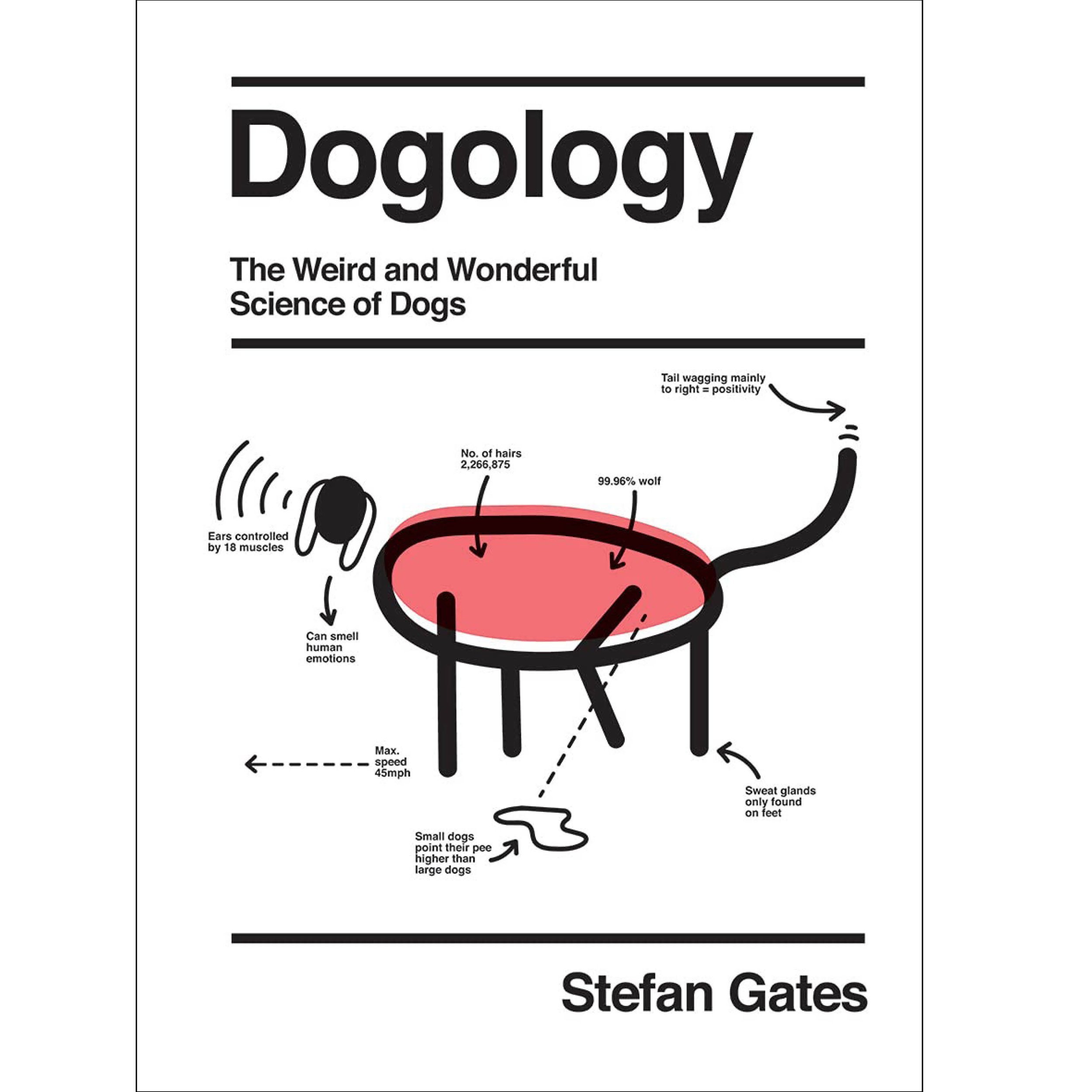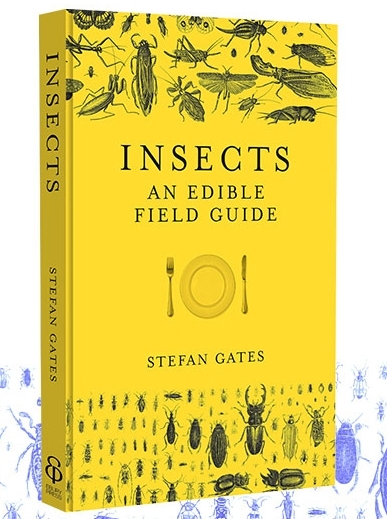Gastronaut BOOKS
Most of these books are available in our SHOP.
SHIPPING IS £3 FLAT RATE, NO MATTER HOW MANY ITEMS YOU BUY.
Quadrille
Dogology explores the bizarre and very, very funny world of canine science. Discover the fascinating science behind dogs’ magnetic poo orientation, head-tilting, barking, tail-chasing, canine guilt, the revolting science of eye bogies, canine sex, bottom-sniffing, why dogs fart but cats don’t and who wins the dog v cat battle. Have you ever wondered if dogs dream? Or what they hear when you talk to them? Did you know that they have a preference for poo-ing with their bodies aligned north-to-south? Discover why a man’s best friend wags, walks, sniffs, barks and behaves the way he does. Discover whether your dog is a loving, loyal furball or a sociopathic ambush predator! From the anatomy of your pet to its behaviour, and how cats and dogs differ, you’ll learn all there is to know about the quirks of your beloved furballs. Packed with fascinating facts and quirky revelations about our furry friends, this is a must for animal-lovers, grown-ups and kids alike. 160 pages.
Fartology
Quadrille
The average adult farts an astonishing 1.5 litres of gas every single day in 10-15 separate farts, but until now no-one has been brave enough to tackle the burning questions we have about them: What are farts made of and why do they smell so bad? Why do women’s farts smell worse than men’s? Do spiders fart? Is a fart basically a gas version of a poo? What would happen if I didn’t fart?
In Fartology acclaimed food adventurer, broadcaster and science communicator Stefan Gates flicks old-fashioned British reserve the bird and takes a good, long look up our bums to shed light on the amazing science going on up there. The result is a frank, fascinating and very funny tour of the chemistry, physics and biology of your portable science lab. Stefan is renowned for taking complex scientific concepts and making them easy to understand, relevant and exciting.
BUY A SIGNED COPY HERE
SCIENCE YOU CAN EAT
Dorling Kindersley
Discover the seriously impressive science that goes on every time you cook or eat. This children's book explores the science of food by asking questions you're hungry to know the answers to, and putting them to the test through fun experiments.
Science You Can Eat will transform your kitchen into a lab through fun food experiments. Cooking is chemistry, and the fun science experiments - such as tricking your taste buds, making slime taste delicious, and investigating some of the strangest flavours around will prove it. This exciting kids book tackles all the tasty science questions you have about food, plus plenty more that you hadn't thought of! Once you understand science, you understand food, so find out why popcorn go "pop" as you test it out for yourself, explore how taste is affected by smell, then discover whether eating insects is the future of food.
BUY A SIGNED COPY HERE
The Extraordinary Cookbook
Kyle Books
How to make meals that your friends will never forget.
It’s a completely practical cookbook but all the food is in some way extraordinary, interactive or enlightening. Some dishes are gently adventurous (whole artichokes and sushi-rolling parties), others are completely wild (golden chicken and salmon cooked in a dishwasher) but, crucially, most of it is made from ingredients that you use every day.
The idea is to get you and your friends eating wonderful, extraordinary meals that you’ll never forget.
BUY A SIGNED COPY HERE
Incredible Edibles
Walker Books
What’s the most dangerous food on earth? How do you milk a camel? What’s the fartiest food of all? And what’s really in that burger you’re about to eat?
Find out the answers to these questions and much more in this seriously funny and hilariously informative book about food.
Packed full of mad recipes to cook for your friends, kitchen science projects to try and weird food stories, this photographic cookbook will take you on a food adventure from breakfast right through to supper.
BUY A SIGNED COPY HERE
Insects: An Edible Field Guide
Ebury
Ever been tempted by the thought of mealworms, proteinrich cricket flower, or swapping your Walkers for salt and vinegar flavoured grasshoppers? If so then you are not alone! Over 2 billion people regularly eat insects as part of their diet, and the world is home to around 1,900 edible insect species.
This is an informative field guide: exploring the origins of insect eating, offering tips on finding edible bugs and serving up a few delicious ideas of how to eat them once you’ve tracked them down!
BUY A SIGNED COPY HERE
In The Danger Zone
Ebury
Stefan travelled the world to investigate how people cook, eat and survive in extreme conditions for the acclaimed BBC2 TV series Cooking in the Danger Zone. He drank radioactive wine in Chernobyl, ate fat-tailed sheep in Afghanistan, and rotting walrus in the Arctic. This book blends war and food, ethics and emotions, comedy and tragedy.
101 Dishes to Eat Before You Die
Parragon
Transform every meal into an adventure with this celebration of the best, finest, the most fun, and the most extraordinary food on the planet. Every dish has a fascinating story, told with passion and honesty by Stefan Gates, who's tasted everything from the world's most expensive tuna, the simplest pork belly feast to the most extraordinary sea cucumber. Don't waste time making meals you'll forget—cook some exhilaration into your life and eat every meal as if it's your last!
'Excellent stuff. Stefan always turns food into an adventure!'
Heston Blumenthal
Gastronaut
BBC Books
Adventures in Food for the Romantic, the Foolhardy and the Brave. ‘Brilliant. Deranged, but brilliant’ according to Heston Blumenthal. A book of extraordinary recipes and wild escapades in everything from cannibalism to margarine.
Stefan Gates on E Numbers
Hamlyn
A myth-busting celebration of E's: the additives and preservatives that make up Britain's most feared ingredients. If you think nature is good and Es are bad, you'd be wrong: the natural world is awash with dangerous toxins (apples contain cyanide, potatoes contain toxic solanine), yet E number substances make up 99.99% of every breath you take.
